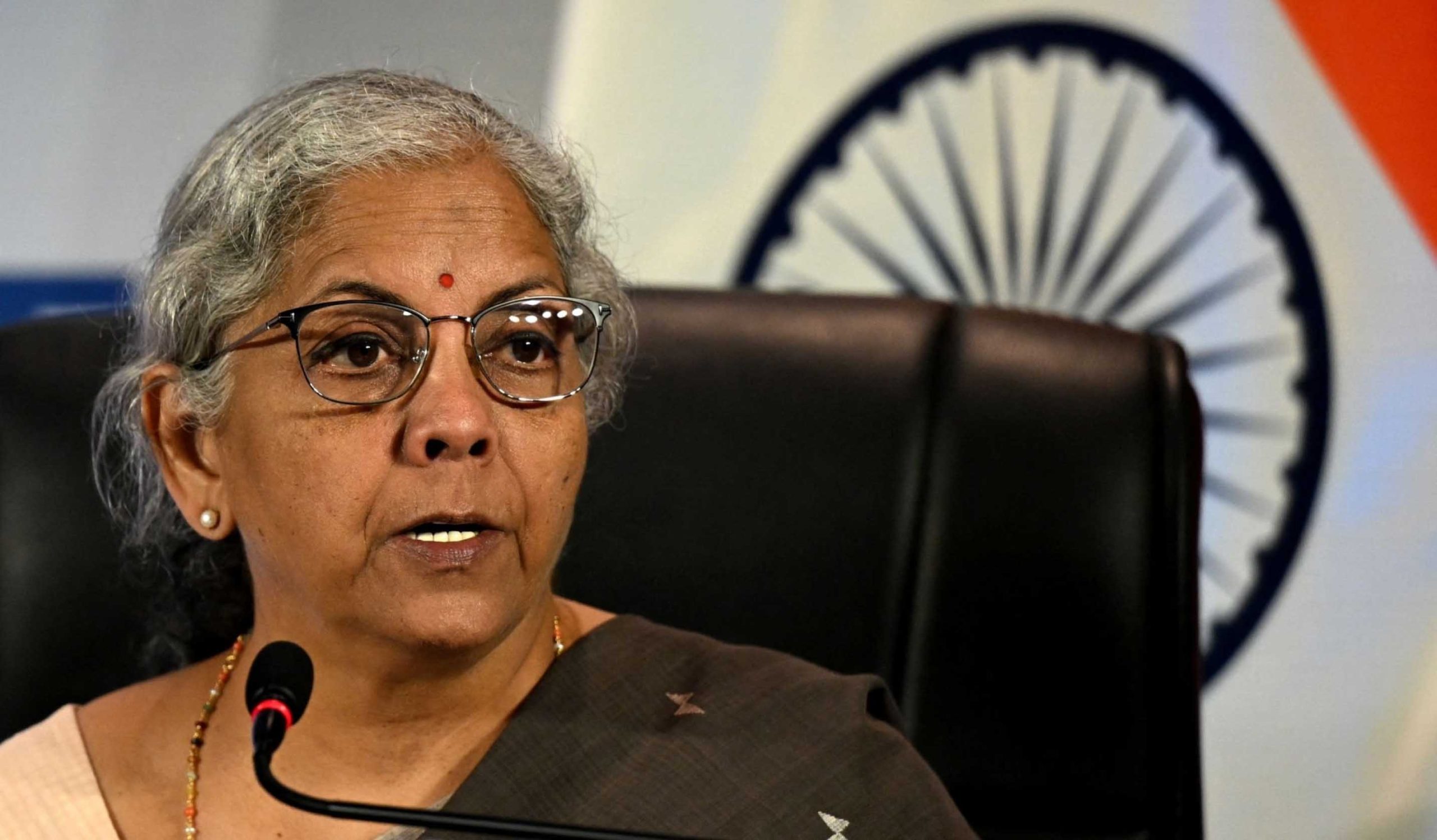HYDERABAD, Nov 21: Union Finance Minister and BJP senior leader Nirmala Sitharaman announced that a committee will be formed to examine the aspects of the Uniform Civil Code, engage with stakeholders, and submit a comprehensive report.
Addressing a press conference in Hyderabad on Tuesday, the Union Minister clarified that while it is not mandatory to install meters for agricultural motors, any state government seeking additional loans beyond permissible limits must adhere to certain reforms. These reforms would include tracking power consumption, the energy source, and the corresponding billing information.
Sitharaman expressed concern about the performance of Telangana on three fundamental principles-water, funds, and jobs. She criticized the state for transforming from a revenue surplus state to a debt-ridden one. The Finance Minister questioned the management of fiscal and debt issues and raised concerns about the burden that the present government’s debt would place on future generations.
Regarding the water situation, Sitharaman cited the issues with the Kaleshwaram project, highlighting poor construction quality and the sinking of pillars. She also raised questions about social justice in the state, noting the removal of Deputy CM Tatikonda Rajaiah within a year.
Sitharaman criticized the neglect of the education sector in Telangana, pointing out the failure to fill vacant positions and the high number of farmer suicides. Responding to questions, she mentioned that the central government has filled about 8 lakh posts across the country, with another two lakh jobs expected to be filled in the next two months.
The Union Minister clarified that the accusation that Prime Minister Narendra Modi stopped funds for not fixing meters on motors was factually incorrect.
She highlighted the confusion within the BRS and accused the Chief Minister of wanting to become the Prime Minister without adequate support.
Sitharaman urged people to understand the financial challenges faced by the state and emphasized the importance of considering prevailing economic conditions when making promises and distributing freebies in the budget. (UNI)
Trending Now
E-Paper


